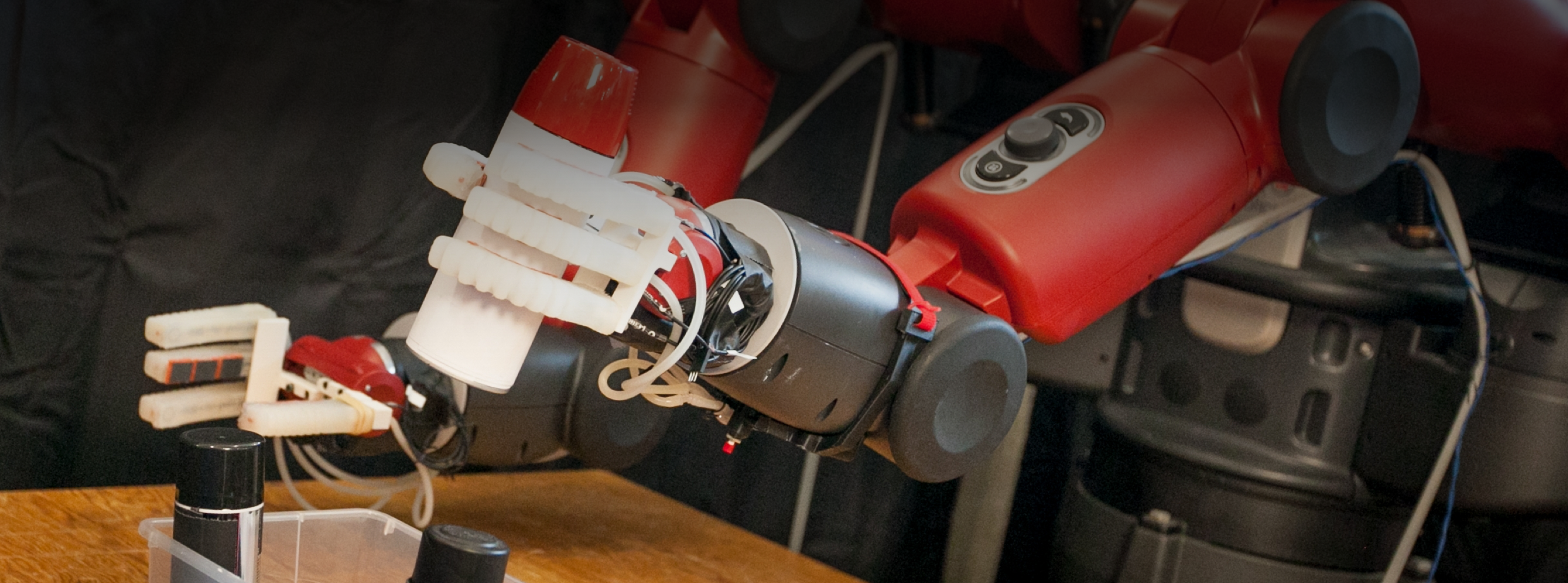WRITTEN BY: Matt Busekroos
Originally from San Antonio, Texas, Chandler Squires has called Cambridge home for nearly seven years. Squires grew up loving math and science and wanted to pursue those interests further. Getting into MIT for undergrad was one of the greatest opportunities of his life, and it hasn’t disappointed. Squires made friends who were passionate about diverse subjects - architecture, linguistics, design, quantum computing, poker, nonprofit work - all of which MIT nurtured in a way that few other places could.
Squires said his senior year proved formative, as he did a SuperUROP with his current co-adviser Caroline Uhler in LIDS and IDSS, which provided him an outlook on what a research group looks like and does. Squires stayed in the group for his MEng year, continuing to do research and also getting teaching experience as a TA.
Presently, Squires works with his other co-adviser, CSAIL Associate Professor David Sontag in the Clinical Machine Learning Group, where he says he’s gained priceless intellectual experience.
“One of the most important things that I’ve gotten better at is figuring out how to pose my own research problems, going from high-level goals to realizable steps toward those goals,” Squires said. “My passion for research is motivated by big, abstract questions, like the reasons behind why our mental models of the world take the structure that they do. Making progress on these questions requires translating them into concrete research problems, and that translation is a precious skill that my time in the group has helped me start developing.”
As a healthcare-oriented group, the grounding for his research questions often connects to a specific problem in the healthcare pipeline. Squires said he likes imagining what that component of the pipeline would look like in the ideal world, and try taking steps in that direction.
“Take cancer treatment as one of the most poignant examples. Ideally, once a year you’d go to the doctor’s and they’d take some blood, and the next day an app on your phone would notify you of the results. If you had some precursor to cancer, some further cheap non-invasive testing would help inform which treatment, or combination of treatments, would be the most effective for you. Even without any further medical developments - using only the current available treatments - early testing and more personalized treatment has the potential to drastically increase the survival chances of patients.”
As a step toward this reality, Squires said the group is working on methods for better predicting the effects of treatments on individual patients. This is a hard problem, especially with a disease like cancer that has such unique characteristics from one person to another. He said they hope to overcome the problems presented by this heterogeneity by developing methods which can leverage any amount of shared structure between different patients and different treatments.
Squires said he thinks the Clinical Machine Learning group will play an important role in pushing the healthcare industry toward adopting and trusting machine learning algorithms as a way to do what’s best for every patient at a very personalized level.
“However, the question underlying our work - how to predict the outcomes of our choices, on a highly individual basis - is exceedingly general,” Squires said. “Thus, we expect our current work to have many applications, such as setting economic, educational, and public health policy, improving the planning capacity of autonomous vehicles, and increasing agricultural output. The fact that our work could be relevant in these areas is one of the reasons that it’s so great to be at MIT, where we have experts thinking about all of these different areas, who are excited to share ideas and collaborate to bring these ideas to life.”
Upon completion of his PhD, Squires said he would love to stay in academia as a professor. His research goals don’t fit into the scope of just a few years, and continuing to pursue them is a dream of his. Beyond research, Squires enjoys teaching and shaping the way that students think about a topic.
“Similarly, I cherish the idea of being a research mentor - it’s a very unique basis for a relationship, where you get to help someone solve a problem that you both find interesting, riding through all the ups and downs of that process together,” Squires said. “As a professor, I’d get to do all of that and more, which really excites me.”

